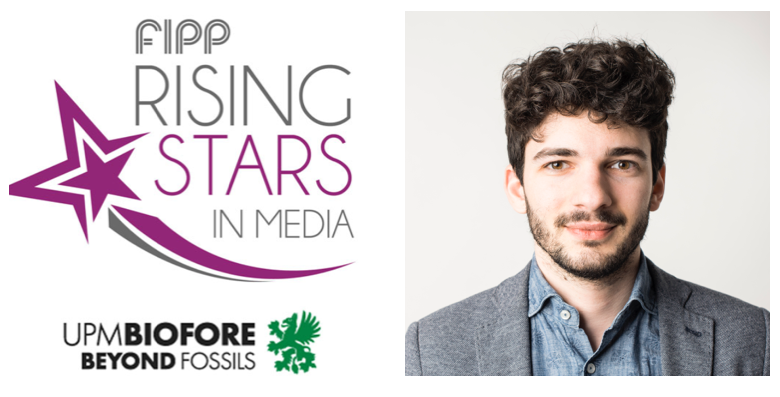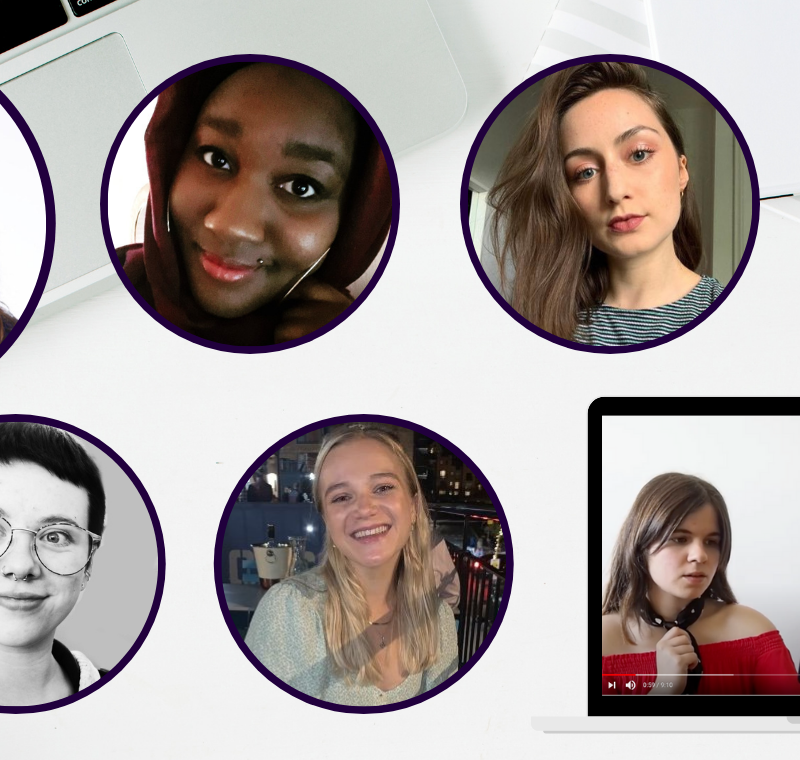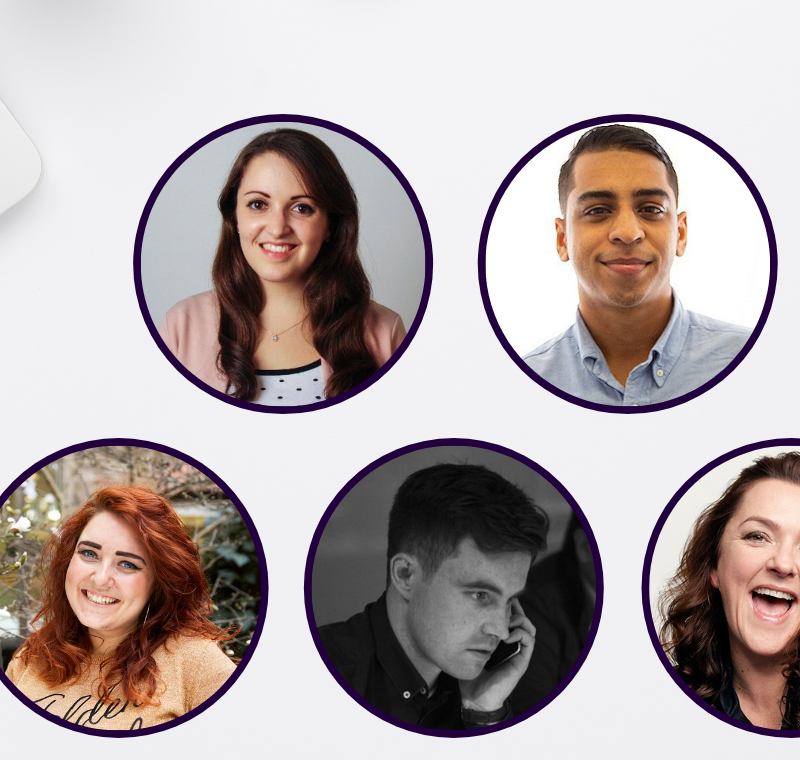FIPP Rising Star Thomas Deléchat: “The most interesting newsrooms are those that bring together people of all ages and social classes”

The FIPP Rising Stars in Media Awards 2019, kindly supported by UPM – The Biofore Company, recognise outstanding work in the global media industry. Winners will be announced at the FIPP World Media Congress Opening Reception taking place in Las Vegas on 12 November 2019. There’s still time to book your place for the FIPP Congress a meet industry leaders as well as the Rising Stars in Media.
FIPP Rising Star Thomas Deléchat answers FIPP’s 21 questions
1. What’s your current role?
I am Deputy Head of the Digital Factory of Ringier Axel Springer, a unit that manages digital strategy, social media, web development, brand content and video production. We work for all our media in French-speaking Switzerland, in particular Le Temps.
2. How did you get there?
I started by studying communication and marketing. In 2015, I joined the media industry, which fascinated me, first by working in the marketing unit of Ringier Axel Springer. After that, I was in charge of digital for one of our magazines (L’illustré). Two years ago, I merged my team with the one of the digital editor-in-chief of Le Temps, to build the Digital Factory. We have created a multidisciplinary team that brings together journalists, communication experts, developers… This was unprecedented in a Swiss newsroom. We were eight at the time of the creation, and two years later we are 16 in the team.
3. What are your passions?
I like new technologies, cinema, travelling, drinking beers, badminton… I don’t have a specific passion, but I love a lot of things!
4. Where is home, where are you based? What do you like most about your city?
I am based in Le Temps newsroom, in Ringier Axel Springer’s offices in Lausanne. I live in Geneva, so I take the train every day to work. The lake is definitely what gives Geneva its charm. Although there are other very nice things too!
5. What did you want to do when you grew up?
I dreamed of becoming an architect. More broadly, I wanted to create and build things. In the end, that’s pretty much what I’m doing.
6. How’s your typical work day?
I don’t have a typical work day, and that’s probably what stimulates me. Depending on the projects, my daily tasks will be very different. These days, I am working on the redesign of Le Temps website (letemps.ch) with our designers and web developers. Before that, I was working on the implementation of our new paywall, which pushed me to develop my skills in paid content strategy. It’s the same with my management tasks: the team is constantly evolving and we often create brand new positions. For example, we just recruited our first data analyst a few weeks ago.
7. An overrated slang word or term in the media industry…
« Views ». For videos or articles, it is the metric that is often the most watched, whereas it doesn’t mean much. The journalist Casey Newton wrote: « So many publishers think they have audiences, when what they really have is traffic ». This quote illustrates what I think, and that we need to better define the metrics that are really important to evaluate the performance of our content (reading time, loyalty, conversion into subcribers…).
8. How did it feel and what did it mean to be a Highly Commended Rising Star in Media winner?
It’s very rewarding. To be honest, I didn’t expect it, there are many young talents in the international media, each with their own skills. It is an honour, but I remain aware that everything I have been able to accomplish is mainly thanks to the collaboration with the talented people I have the opportunity to work with.
9. How has this recognition helped you in the past year?
I think it is above all a personal reward, which helps to build self-confidence and dare to innovate even more.
10. What advice would you give to other young people in the industry?
Don’t be afraid to make your voice heard, dare, and be open to collaboration with the older people in your media company. Youth can provide a creative and bold pulse to the media, but it needs to rely on the experience to produce quality content. The most interesting newsrooms are those that bring together people of all ages and social classes.
11. What areas of the industry excite you going forward?
The development of our brand content formats has been very encouraging over the past two years. Even if the trend predicts that advertising will decline, I strongly believe in the development of new ways of seeing collaboration between media and other companies. For example, we have produced editorial videos, events or podcasts sponsored by brands. However, in a climate of mistrust towards the media, we must be very strict about how we produce brand content, and totally transparent with our audience.
12. What are the attributes that you feel benefitted you in winning this award, that you can pass on to others?
My ability to manage projects that involve multidisciplinary teams. I have a communication background, I specialised in digital, I love journalism, design, data analysis… I am not an expert in all these fields, but I think I have transversal skills that can be valuable in the media industry. So what I can pass on to others is to take an interest in everything, and try to understand the mechanism of a newsroom as a whole.
13. What’s been the most memorable thing you’ve taken from your job int he past 12 months?
The implementation of the new freemium paywall for Le Temps website. I had never worked on this type of project before, but I had to manage it, by bringing together very different people: editorial, marketing, advertising, technical teams… Not easy every day, but exciting!
14. What’s the most recent professional skill that you have acquired?
The experience I have just mentioned has allowed me to develop my skills in paid content strategy. This is a very valuable field for media companies, at a time when their future will depend mainly on digital subscriptions.
15. Who do you look up to in the industry?
I don’t have an absolute model. I often admire one media for one thing, and another for something else. From the big machine (New York Times, Guardian) to the small and audacious media that has just been created (Brief.me)… There is good to be inspired everywhere.
16. What’s the best bit of your job?
The fact of being able to try new things, to constantly seek to innovate. We strongly believe in agile methods (test & learn). I consider myself very lucky to have such freedom.
17. How do you unwind when work is stressing you a lot?
A good fondue with the team in a restaurant near the newsroom called “Café de l’Evêché”. If you come to Lausanne, I highly recommend it.
18. A song that pumps you for work.
I’m not going to look that young anymore, but to concentrate on work, I listen to a lot of classical music. The four seasons of Vilvaldi for example. Otherwise, we recently published an article that says that video game musics are the best to help you focus. Tested and approved.
19. What would you tell your 16 year old self?
You’re wrong to think that this thing that just came out, called iPhone, is just a gadget.
20. In another life, what would you have been?
I would have had a career in cinema. Scriptwriter or composer of film music for example.
21. What’s next in your career?
I have many exciting projects waiting for me at Ringier Axel Springer. The media industry, and therefore my work, changes every year, it is impossible for me to know exactly what I will do in the future.
The FIPP Rising Stars in Media Awards 2019, kindly supported by UPM – The Biofore Company, recognise outstanding work in the global media industry. Winners will be announced at the FIPP World Media Congress Opening Reception taking place in Las Vegas on 12 November 2019. There’s still time to book your place for the FIPP Congress a meet industry leaders as well as the Rising Stars in Media.
More like this
FIPP and UPM’s Rising Stars on the importance of innovating industry practices
FIPP Rising Star Helen O’Donnell: “I am personally very motivated by the democratisation of content”
FIPP Rising Star Skye Rubel: “Young people should not underestimate their impact on the industry”









